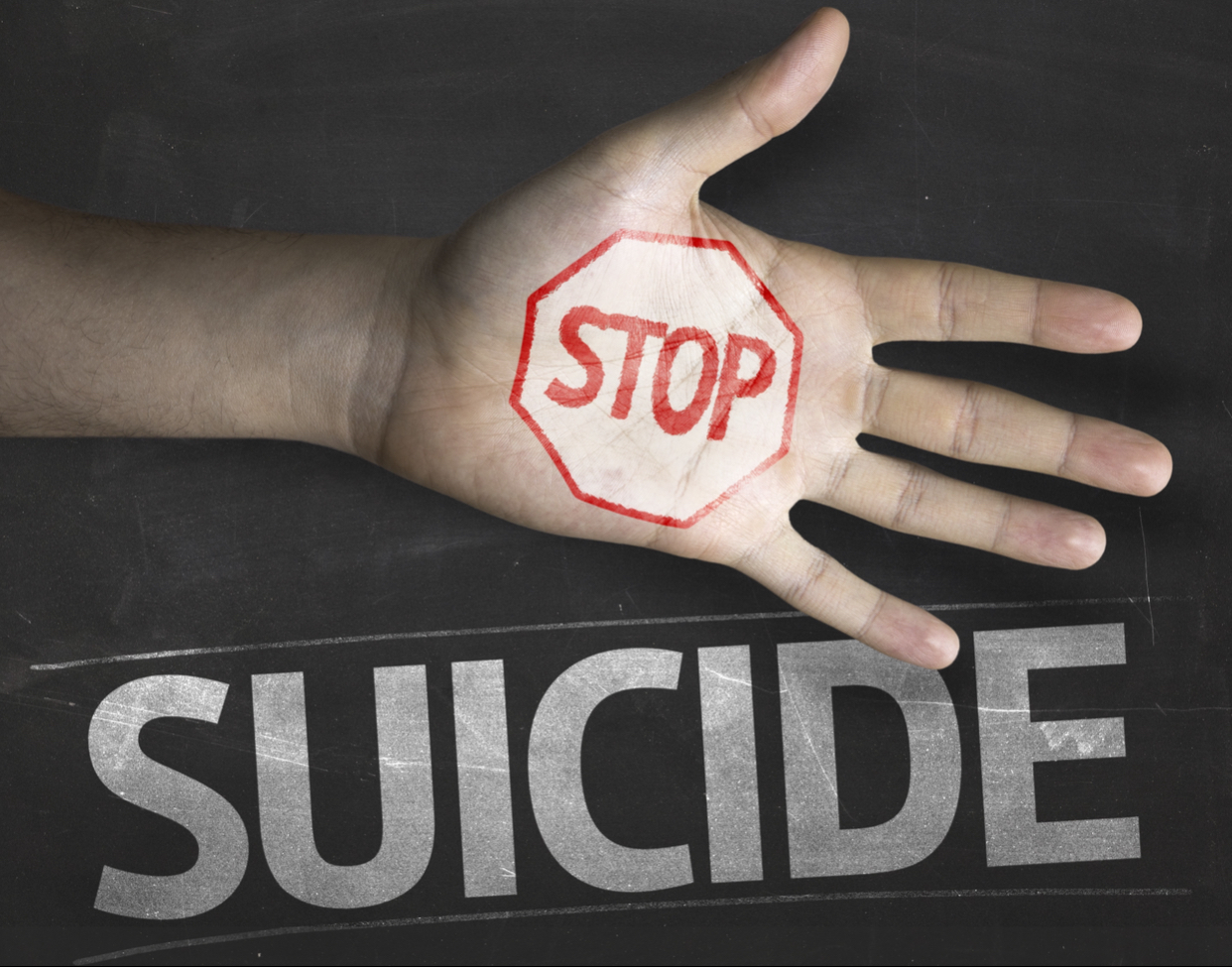Every year on September 10, the global community unites to observe World Suicide Prevention Day (WSPD)—a day set aside to raise awareness, reduce stigma, and strengthen collective efforts to prevent suicide. Led by the International Association for Suicide Prevention (IASP) in collaboration with the World Health Organization (WHO), the day is a powerful reminder that suicide is not inevitable. With understanding, compassion, and support, lives can be saved.
Suicide: A Global Public Health Crisis
Suicide remains one of the most pressing yet often overlooked public health challenges. According to the WHO, more than 700,000 people die by suicide every year—that’s one person every 40 seconds. It is among the top five leading causes of death for young people aged 15–29.
For every life lost, an estimated 20 more individuals attempt suicide, and countless others struggle silently with suicidal thoughts. The ripple effect extends to families, friends, workplaces, and entire communities, leaving behind deep emotional scars.
Despite its prevalence, suicide is often surrounded by silence, shame, and stigma—barriers that prevent people from seeking help and communities from addressing it openly.
The 2025 Theme: Changing the Narrative on Suicide
The theme for this year—“Changing the Narrative on Suicide”—calls for a transformation in the way we think, talk, and respond to mental health struggles.
Changing the narrative means:
• Breaking stigma: Recognizing that suicidal thoughts are not a sign of weakness but a signal of deep emotional pain.
• Promoting empathy: Choosing compassion over judgment when someone opens up about their struggles.
• Encouraging openness: Creating safe spaces—in homes, schools, workplaces, and communities—where mental health conversations are normalized.
• Highlighting recovery: Sharing stories of survival and resilience to remind others that healing is possible.
By reshaping the way suicide is discussed, society can move from silence to support, from stigma to solidarity.
Understanding the Causes and Risk Factors
Suicide is complex and rarely caused by a single factor. It often results from an intersection of biological, psychological, social, and cultural influences. Common risk factors include:
• Mental health conditions such as depression, anxiety, bipolar disorder, or substance use disorders.
• Chronic stressors like unemployment, financial hardship, or relationship breakdowns.
• Trauma and abuse, especially in early life.
• Chronic pain or illness, which can lead to feelings of hopelessness.
• Social isolation and lack of supportive networks.
• Cultural stigma, which discourages people from seeking mental health care.
Protective factors, on the other hand, include strong personal relationships, community belonging, access to healthcare, and coping skills. These can significantly reduce the likelihood of suicidal behavior.
What We Can All Do to Help
Suicide prevention is not the sole responsibility of mental health professionals—it is a collective effortthat involves families, schools, workplaces, governments, and everyday people. Here’s how each of us can make a difference:
1. Reach Out to Others
• Check in regularly with friends, family, and colleagues.
• A simple question—“How are you doing, really?”—can open the door to a meaningful conversation.
2. Learn to Listen
• Give people space to share without interrupting or judging.
• Sometimes, listening is more powerful than offering solutions.
3. Recognize the Warning Signs
• Expressions of hopelessness or worthlessness.
• Talking about wanting to die or feeling like a burden.
• Withdrawing from loved ones.
• Sudden mood swings or reckless behavior.
If you notice these signs, take them seriously.
4. Encourage Professional Help
• Share mental health hotlines, therapy services, or community support groups.
• Remind people that seeking help is a sign of strength, not weakness.
5. Create Supportive Environments
• Workplaces and schools can implement wellness programs.
• Communities can host awareness campaigns to normalize mental health conversations.
A Global Call for Compassion
World Suicide Prevention Day is not only a day of remembrance for lives lost, but also a day of action. It is a call to governments to prioritize mental health in public health agendas, to organizations to create supportive environments, and to individuals to extend kindness in everyday interactions.
Each of us has the power to make a difference. Every conversation counts. Every act of compassion matters. Every life is worth saving.
Resources and Helplines
If you or someone you know is struggling with suicidal thoughts, please reach out for help. You are not alone.
• Ghana: Mental Health Authority Helpline – 050-344-4793 / 020-681-4666
• International:
• Befrienders Worldwide – https://www.befrienders.org
• Lifeline (USA & partners) – Dial 988
• Samaritans (UK & Ireland) – 116 123
On this World Suicide Prevention Day, let us change the narrative together. By choosing empathy, by speaking openly, and by supporting one another, we can build a world where hope is stronger than despair.













